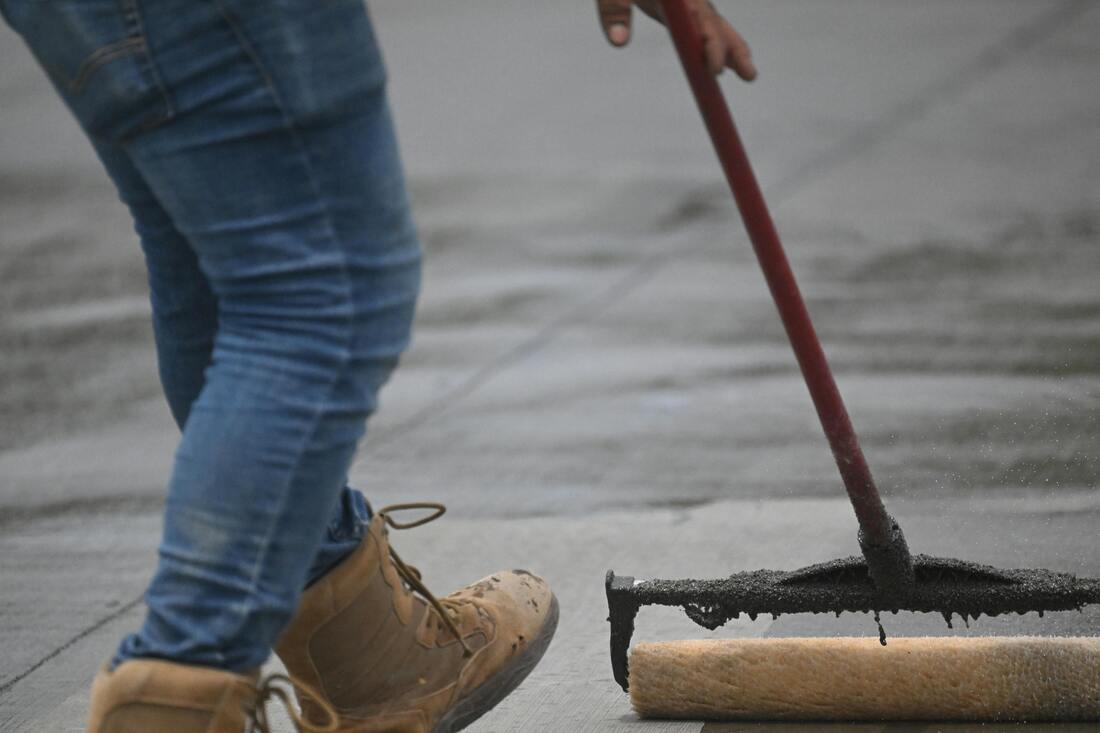|
Paver sealing is a crucial process for homeowners and businesses looking to protect and enhance the durability and appearance of their outdoor paved spaces. Beyond its aesthetic benefits, understanding the importance of paver sealer and integrating SEO strategies can significantly benefit businesses in this industry by improving their online visibility and attracting more customers. Understanding Paver SealingPaver sealing involves applying a protective layer over paving stones or bricks to safeguard them from wear, weather, and staining. It acts as a barrier against harmful UV rays, water, and oil-based stains, preventing them from penetrating the stones' surface. Sealers also enhance the natural colors of pavers, adding a glossy or matte finish depending on the type of sealer used. Benefits of Paver SealingPaver sealing offers several benefits, including:
Methods of Paver SealingThere are two main types of sealers used in paver sealing:
Application MethodsThe most commonly used methods for sealing pavers are:
Types of Paver SealersAcrylic Sealers Acrylic sealers are known for their aesthetic enhancement, providing a wet look that many find appealing. However, they may require more frequent reapplication.
Polyurethane Sealers Polyurethane sealers offer a thicker protective layer, making them ideal for high-traffic areas, though they can be more expensive.
Silane/Siloxane Sealers These sealers penetrate deeply, offering long-lasting protection without altering the paver's appearance, suitable for those preferring a natural look.
When choosing the right sealer, consider the type of pavers, traffic levels, and desired finish. Maintaining Sealed PaversWhile paver sealing provides long-term protection, regular maintenance is still necessary to ensure its effectiveness. Here are some tips for maintaining sealed pavers:
DIY vs. Professional Paver SealingWhile DIY paver sealing can be cost-effective for small projects, professional sealing is recommended for its expertise and efficiency, especially for larger or more complex areas. Professionals ensure a uniform application and can often guarantee the quality of their work. Don't settle for anything less than perfection for your outdoor spaces. Contact Matanza Pavers today to discuss how we can transform your pavers with our professional sealing services. Call us now or visit our website to get a quote and take the first step towards long-lasting, beautiful pavers. Frequently Asked Questions (FAQs)What is paver sealer?
Paver sealer is a protective coating applied to paving stones to enhance their appearance and durability. It guards against staining, fading, and damage from environmental elements. Why should I seal my pavers?
Sealing your pavers protects them from stains, UV rays, and wear and tear, prolonging their lifespan and maintaining their appearance. How often should I seal my pavers?
It's generally recommended to reapply sealer every 2-3 years, but this can vary depending on the type of sealer used and the level of foot traffic. Can I apply the sealer myself?
Yes, you can apply sealer yourself for smaller projects. However, for larger areas or for best results, professional application is recommended. How long does it take for the sealer to dry?
Drying times can vary based on the sealer type and weather conditions, but on average, it takes about 24 hours for the sealer to dry sufficiently to walk on. What's the best time of year to seal pavers?
The best time is during warmer, dry months. Avoid sealing during rainy seasons or when temperatures are expected to drop near freezing within 24 hours of application.
1 Comment
|
AuthorArchivesCategories |
|
|
HOURS: Mon-Fri 9am to 5pm
Saturday 10am-4pm EMAIL: [email protected]
PHONE: 904-466-2521
|
Privacy Policy | Terms of Use
© Matanza Paver Company 2023 - St. Augustine Florida. Site Made By: Alpha Lead Marketing
© Matanza Paver Company 2023 - St. Augustine Florida. Site Made By: Alpha Lead Marketing


 RSS Feed
RSS Feed
